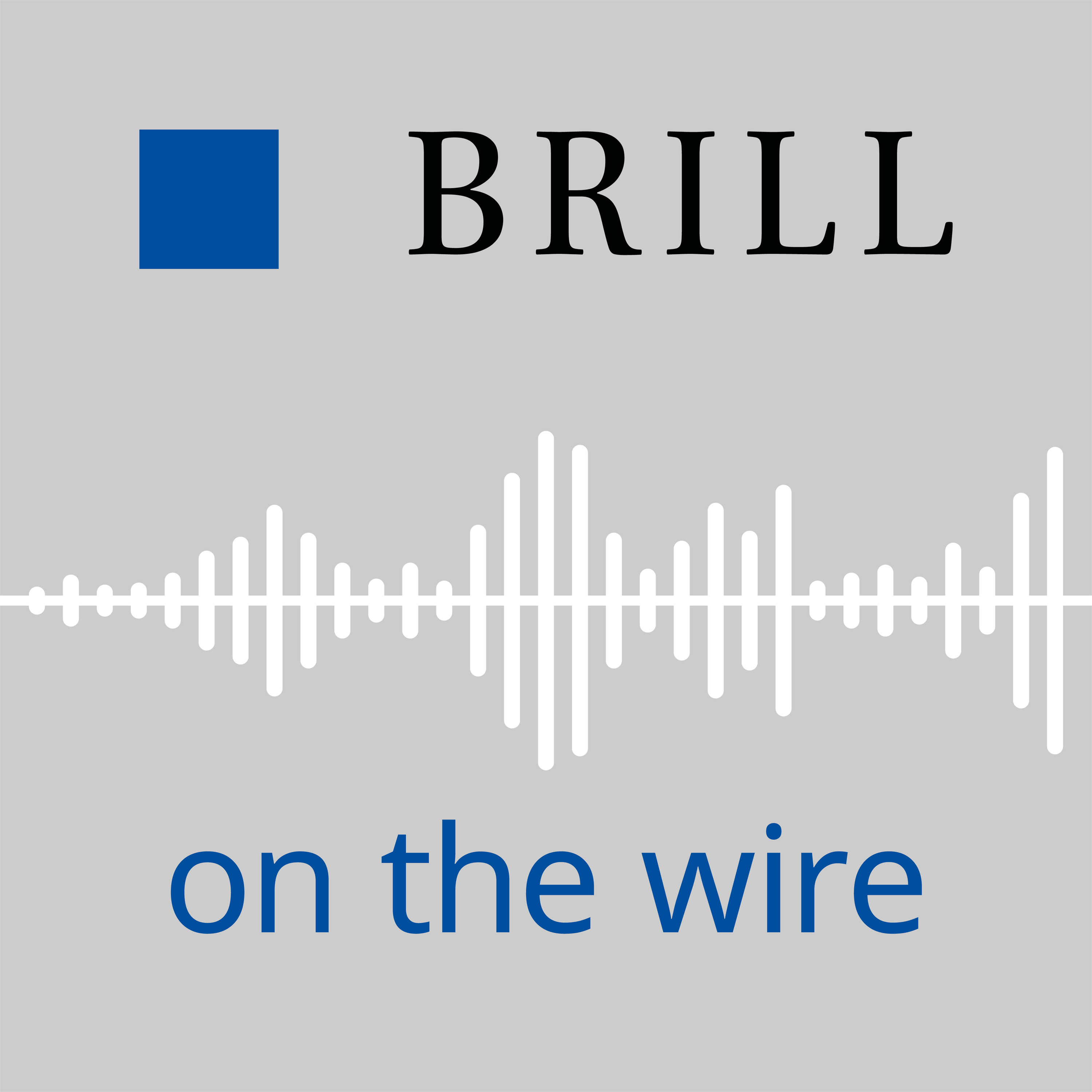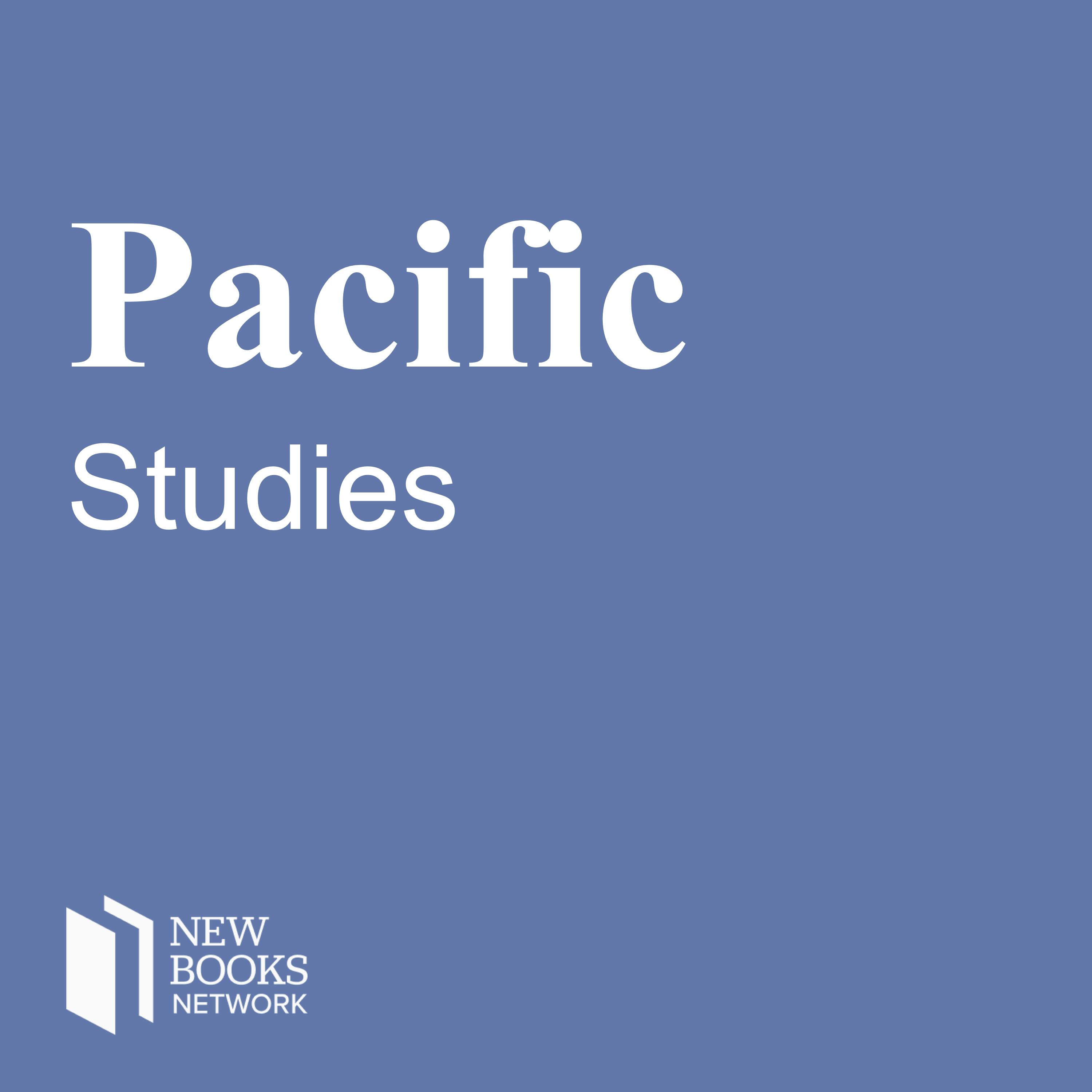Aisha Geissinger’s monograph, Gender and the Construction of Exegetical Authority: A Rereading of the Classical Genre of Qur’an Commentary (Brill, 2015), contributes to the growing field of intersections between gender studies and Qur’anic studies. Unlike some recent studies that have explored the role of gender in the Qur’an itself or in applications of the Qur’an, Professor Geissinger takes a step back to explore how exegetes (broadly conceived) have historically understood the relevance and importance of gendered sources, in terms their authority to make sense of the Qur’an. What does it mean, for example, when a particular Qur’an commentary mentions a hadith with women in the isnad, while other commentaries do not? Are these rhetorical moves intentional? Were they significant in their time? In order to address these questions and others, Geissinger looks at traditional works of exegesis, sections on exegesis in hadith compilations, and literature on the virtues of the Qur’an among other topics all the while engaging with a rich breadth of modern and premodern scholarship, ranging from Bukhari to Judith Butler. The footnotes are extensive, the prose is clear, and the book well-organized. The monograph will likely appeal to a number of disciplines, especially Islamic history, Qur’anic studies, and gender studies.
Elliott Bazzano is Assistant Professor of Religious Studies at Le Moyne College. His research and teaching interests include theory and methodology in the study of religion, Islamic studies, Qur’anic studies, mysticism, religion and media, and religion and drugs. His academic publications are available here. He can be reached at (
[email protected]). Listener feedback is most welcome.







































